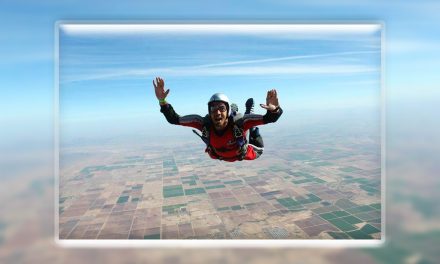The craze for clicking selfies wherever you go doesn’t seem to fade. Almost everyone today feels obsessed with capturing their perfect shot. However, this obsession can turn dangerous. Recent studies reveal that India records the highest number of selfie-related deaths worldwide. While it’s true that our country’s beauty deserves to be captured, the growing addiction to selfies now creates serious psychological and physical risks.Selfie addiction effects reach far beyond social media. This habit slowly eats away your confidence, weakens your reasoning, and steals your ability to live in the moment. Let’s explore how selfies can harm your mental well-being and why you should rethink your relationship with your phone’s front camera.
How Selfies Affect Your Mental Health
When selfies become a daily habit, they start shaping how you view yourself. Imagine posting a perfectly edited selfie on Instagram and waiting for likes and praise. However, when the response doesn’t meet your expectations, disappointment creeps in. Gradually, you rely more on filters to gain approval and validation.
This cycle harms your self-esteem. Instead of feeling confident about your natural self, you start doubting your appearance. The more filters you apply, the further you drift from reality. Over time, this obsession with perfection builds anxiety, increases stress, and fuels self-doubt.
Losing Real Experiences to Virtual Moments
Whenever you travel to a new destination, your first instinct might be to pose for selfies. However, in doing so, you often forget to enjoy the actual experience. The sounds, smells, and beauty of the moment slowly fade as you focus more on your appearance.
Questions like “Do I look good from this angle?” or “Should I retake it?” keep running through your mind. As a result, you miss the true essence of travel—living in the present. Remember, real joy comes when you see the world through your own eyes, not your camera lens.
Privacy Risks of Selfie Addiction
Another overlooked aspect of selfie addiction effects is privacy invasion. Every picture uploaded online leaves a digital footprint. Modern facial recognition technologies can store your facial data, making it vulnerable to misuse.
This information can be leaked, sold, or used for commercial exploitation without your consent. Therefore, it’s vital to think before posting. Protecting your privacy should always come before chasing virtual approval.
How Selfie Addiction Damages Relationships
Did you know that excessive selfie posting can make you feel lonelier? Studies show that people who constantly upload selfies are often perceived as self-centered, which can strain friendships and real-world connections.
Instead of seeking attention through likes, try connecting with people face-to-face. Engage in conversations, share real smiles, and experience genuine emotions. By doing this, you’ll feel more fulfilled and less anxious about your online image.

Overcoming Selfie Addiction Naturally
If you’ve realized that you’re caught in this cycle, don’t worry—it’s never too late to change. Start by taking short breaks from social media. Spend time outdoors without your phone. Focus on experiences, not pictures.
You can also set daily limits for using your camera apps. Gradually, you’ll notice a positive change in your mental health and confidence. Remember, real happiness doesn’t need validation—it comes from self-acceptance and mindful living.
Conclusion :Selfie addiction effects Selfie addiction effects
Selfies themselves aren’t bad. They’re fun and a great way to capture memories. But when they become an obsession, they start controlling your emotions and life decisions. Too many selfies can harm your mental health, reduce your confidence, and put your privacy at risk.
So next time you hold your phone for a selfie, pause for a second. Instead of facing the camera, face the world. You’ll discover that the best moments aren’t the ones captured—but the ones lived.
Read More-Vacation After Breakup: 10 Strong Benefits You Need to Know





